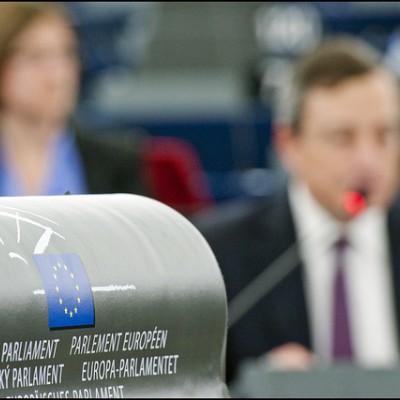
Towards a coherent EU policy for cultural and creative industries
On 13 December 2016 the European Parliament adopted a report calling on the European Commission to develop a “comprehensive, coherent and long-term industrial policy framework for the cultural and creative sectors”. The report also calls on the EU to include the adequate funding of CCIs in its strategic goals and overall priorities. This first joint report of the Committee on Culture and Education and the Committee on Industry, Research and Energy ties the cultural and economic potential of the sectors.
In the report the economic and social importance of CCIs is emphasised. 11,2% of private enterprises are from the CCIs and 7,5% of overall employment is found in this sector, which can very often not be offshored as the cultural or historical skills are tradionally or territorially bound. Because CCIs build bridges between the arts, culture, business and economy, increase youth and women employment and contribute to the GDP, they should be regarded in industrial policies.
The report demands tailor-made solutions for fincancing and funding of and for the cultural and creative industries.
The report also asks for a clear definition of cultural and creative industries to better monitor and support their development and economic impact. Additionally, it recognises the role of CCIs in communication european values and serving as ambassadors on a global scale.
Promoting inter-sectoral collaborations is vital to work with and for CCIs. "A coherent policy for CCIs, therefore, relies on the development of close cooperation between the cultural and creative sector and social partners in education and vocational training."
The co-rapporteurs concluded that they "believe that CCIs have a key role in reindustrialising Europe, are a driver for growth and are in a strategic position to trigger innovative spillovers in other industrial sectors, such as tourism, retail, and digital technologies. The co-rapporteurs believe that the EU could take a leading role in promoting the important positive impact that the creative sectors have across Europe, to also promote policies that champion Europe’s most unique asset: its culture."
Read the full report (30 pages).
